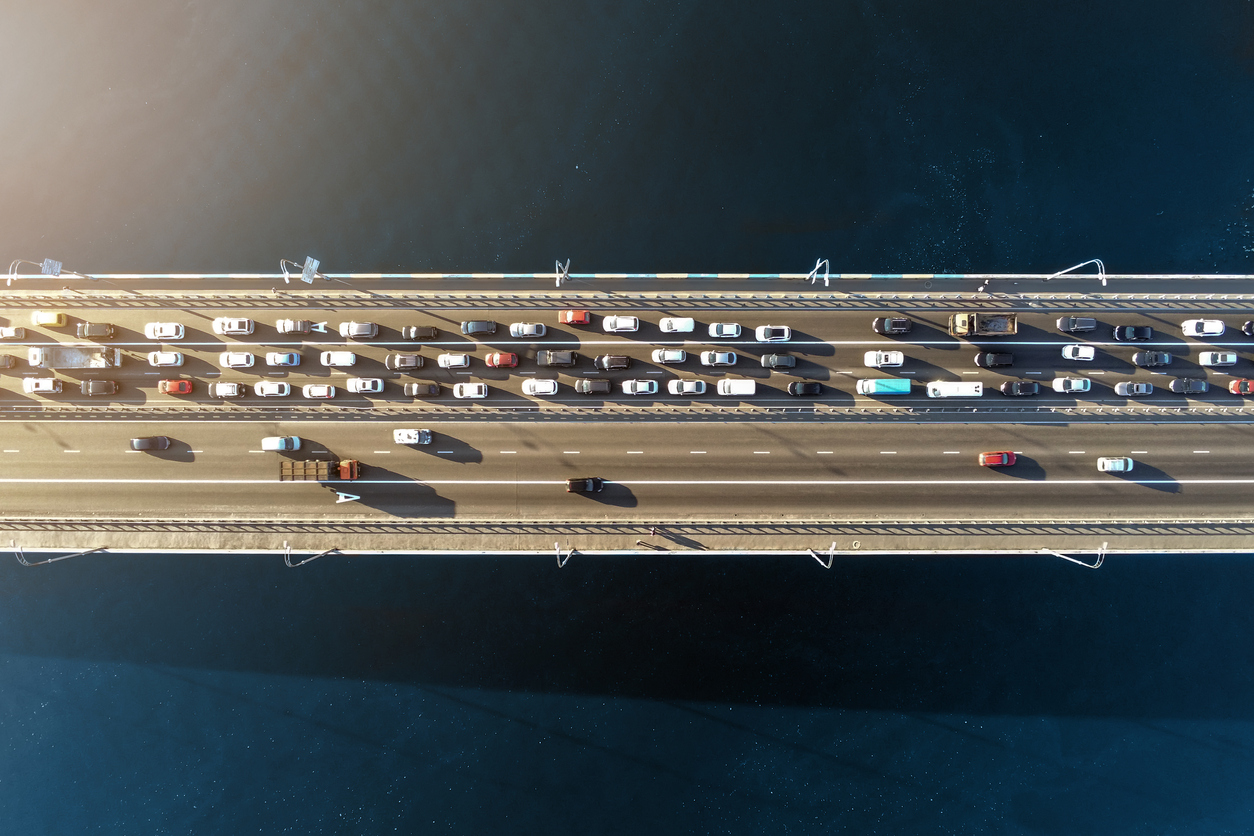How the risk of a post-vaccination COVID-19 infection compares to other daily dangers


A free daily email with the biggest news stories of the day – and the best features from TheWeek.com
You are now subscribed
Your newsletter sign-up was successful
The early returns on COVID-19 vaccinations have largely been positive in the United States and elsewhere. There have certainly been so-called "breakthrough" cases, in which fully vaccinated people have been infected, but The New York Times' David Leonhardt notes that statistics so far indicate the chances of that happening are about one in 11,000, and the rate dwindles even further when it comes to the chances of developing anything worse than a mild infection.
Still, many people who have been vaccinated remain nervous. This is understandable, Leonhardt writes, given the novelty of the virus and the toll it's taken. The risk of dying from COVID-19 post-vaccination is probably more akin to "high profile," but "extremely rare dangers" like plane crashes, lightning strikes, or shark attacks. Getting in a car, on the other hand, is a "bigger threat," Leonhardt writes.
FiveThirtyEight's Nate Silver and data scientist David Shor also made this point, and Shor estimated that the "per hour risk of killing somebody driving sober is at least 33 times higher than the per hour risk of killing somebody from [COVID-19] hanging out maskless post-vaccination."
The Week
Escape your echo chamber. Get the facts behind the news, plus analysis from multiple perspectives.

Sign up for The Week's Free Newsletters
From our morning news briefing to a weekly Good News Newsletter, get the best of The Week delivered directly to your inbox.
From our morning news briefing to a weekly Good News Newsletter, get the best of The Week delivered directly to your inbox.
That's where sociologist Zeynep Tufekci jumped in. Tufekci generally agrees that COVID-19 vaccination leads to a "dramatic risk reduction." She does, however, think the risks of driving and doing certain activities while vaccinated are not completely comparable. That's because car accidents are generally more individualized, while spreading COVID-19 can lead to a transmission chain, which is why Tufekci thinks government agencies need to be explicit about how effectively the vaccines curb transmission to determine what the true risk factor is. Tim O'Donnell
A free daily email with the biggest news stories of the day – and the best features from TheWeek.com
Tim is a staff writer at The Week and has contributed to Bedford and Bowery and The New York Transatlantic. He is a graduate of Occidental College and NYU's journalism school. Tim enjoys writing about baseball, Europe, and extinct megafauna. He lives in New York City.
-
 The Olympic timekeepers keeping the Games on track
The Olympic timekeepers keeping the Games on trackUnder the Radar Swiss watchmaking giant Omega has been at the finish line of every Olympic Games for nearly 100 years
-
 Will increasing tensions with Iran boil over into war?
Will increasing tensions with Iran boil over into war?Today’s Big Question President Donald Trump has recently been threatening the country
-
 Corruption: The spy sheikh and the president
Corruption: The spy sheikh and the presidentFeature Trump is at the center of another scandal
-
 Trump HHS slashes advised child vaccinations
Trump HHS slashes advised child vaccinationsSpeed Read In a widely condemned move, the CDC will now recommend that children get vaccinated against 11 communicable diseases, not 17
-
 FDA OKs generic abortion pill, riling the right
FDA OKs generic abortion pill, riling the rightSpeed Read The drug in question is a generic version of mifepristone, used to carry out two-thirds of US abortions
-
 RFK Jr. vaccine panel advises restricting MMRV shot
RFK Jr. vaccine panel advises restricting MMRV shotSpeed Read The committee voted to restrict access to a childhood vaccine against chickenpox
-
 Texas declares end to measles outbreak
Texas declares end to measles outbreakSpeed Read The vaccine-preventable disease is still spreading in neighboring states, Mexico and Canada
-
 RFK Jr. shuts down mRNA vaccine funding at agency
RFK Jr. shuts down mRNA vaccine funding at agencySpeed Read The decision canceled or modified 22 projects, primarily for work on vaccines and therapeutics for respiratory viruses
-
 Measles cases surge to 33-year high
Measles cases surge to 33-year highSpeed Read The infection was declared eliminated from the US in 2000 but has seen a resurgence amid vaccine hesitancy
-
 Kennedy's vaccine panel signals skepticism, change
Kennedy's vaccine panel signals skepticism, changeSpeed Read RFK Jr.'s new vaccine advisory board intends to make changes to the decades-old US immunization system
-
 Kennedy ousts entire CDC vaccine advisory panel
Kennedy ousts entire CDC vaccine advisory panelspeed read Health Secretary RFK Jr. is a longtime anti-vaccine activist who has criticized the panel of experts
